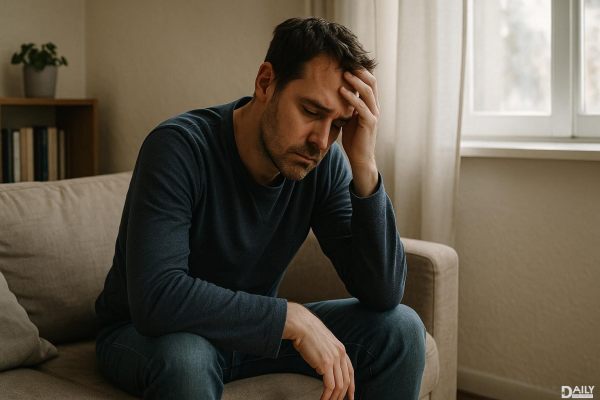There isn't much I remember from the day I learned I was having my second missed miscarriage. The shock of hearing the news from my doctor during what was supposed to be a routine ultrasound left me numb—four months after my first loss, and here I was again, staring at another empty screen where a heartbeat should have been. My husband and I went through the motions of asking questions, nodding along to next steps, but the words barely registered. It wasn’t until we got back to the car that the weight of it all hit me. I crumpled into the passenger seat, sobbing, demanding answers from the universe that refused to give them. Why was this my story? Why did it have to hurt this much—again?
The Silent Grief of a Missed Miscarriage
A missed miscarriage, sometimes called a silent miscarriage, is a cruel twist of nature. Unlike other types of pregnancy loss, it often gives no warning—no bleeding, no cramping, no obvious signs that anything is wrong. You walk into an appointment expecting to hear a heartbeat, only to be told that your body hasn’t yet realized the pregnancy isn’t viable. Dr. Khaled Zeitoun, an ob-gyn at New Hope Fertility Center, explains that this type of loss is typically diagnosed via ultrasound when no fetal heartbeat is detected. The term "missed" refers to the fact that the body hasn’t "caught up" to the reality of the loss, leaving many women feeling blindsided, confused, and utterly alone in their grief.
The Aftermath: When Loss Becomes Your Shadow
Since my second miscarriage in February, it’s been impossible to compartmentalize the grief. It lingers in the background of everything—what I eat (should I cut out gluten? More antioxidants?), the supplements I take (CoQ10? Vitamin D?), even the lotions I slather on my skin (are these endocrine disruptors sabotaging me?). Every decision feels loaded, like I’m trying to hack my way toward a pregnancy that sticks. The emotional toll is one thing, but the physical process of passing the tissue—hours of agonizing cramps, the blood, the sheer exhaustion—left me feeling hollowed out, both physically and emotionally.
The Waiting Room Dilemma: A Special Kind of Torture
One of the hardest parts wasn’t just the loss itself, but the brutal reminders everywhere. A viral TikTok recently called for separate waiting rooms in ob-gyn offices for women experiencing loss, and I felt that in my bones. After both miscarriages, I had to return for follow-ups, sitting in a room full of glowing pregnant women, some rubbing their bellies, others flipping through parenting magazines. Once, I even saw a new mom cooing at her newborn in a carrier. It was like the universe was dangling happiness in front of me while I was drowning in grief. The worst part? Having to hand over a sample of the tissue I’d passed—a heartbreaking errand that made me feel like a walking cautionary tale.
Navigating the "Why" With No Answers
Medical testing after recurrent losses can feel like grasping at straws. Bloodwork, genetic testing, ultrasounds—they all come back "normal," leaving you with no explanation, no villain to blame. The ambiguity is maddening. Was it my age? My stress levels? Some undetectable chromosomal fluke? The lack of closure turns grief into a loop of hypotheticals, a mental hamster wheel of "what ifs" that steals sleep and sanity. And while well-meaning people toss out platitudes like "It wasn’t meant to be" or "At least you know you can get pregnant," none of it dulls the ache of leaving the hospital with empty arms—twice.
Rebuilding After the Storm
Healing isn’t linear. Some days, I’m furious at my body for failing me. Other days, I’m numb, going through the motions of life like a ghost. But slowly, I’m learning to carry the grief instead of letting it crush me. Therapy helps. So does talking to other women who’ve walked this road—their stories remind me I’m not broken, just unlucky. And while I haven’t found my rainbow yet, I’m holding onto the hope that one day, my waiting room story will have a different ending.
For now, I’m learning to be gentle with myself. To acknowledge the pain without letting it define me. And to believe—even on the hardest days—that my story isn’t over yet.
























